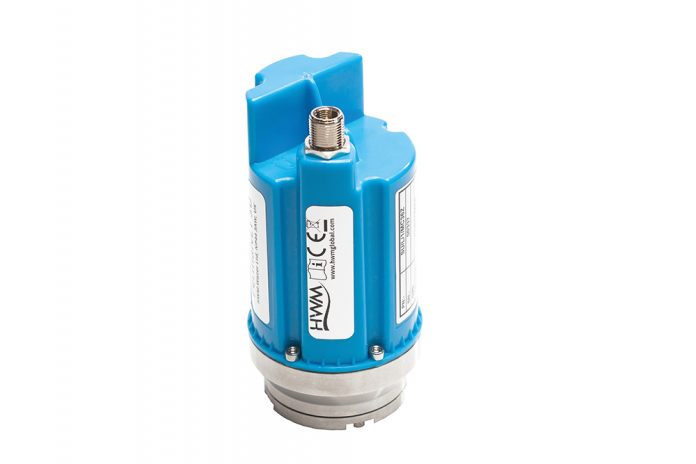As proved in a recent Water UK study, people in the UK are using a lot more water than they realise. The research revealed that almost half (46%) of people believe that their household uses under 20 litres of water a day, when in fact, the average daily use per person is 142 litres.
Currently, daily demand for water in England and Wales sits at approximately 14bn litres. However, factors including population growth and climate change are steadily increasing demand to the extent to which, according to the National Audit Office, daily demand by 2050 will exceed 18bn litres.
An additional concern is that, while the demand for fresh water is increasing, supplies are likely to be impacted by the rise in global temperatures brought on by climate change.
Warmer air holds more moisture than colder air (up to 7% per degree of warming according to the Clausius-Clapeyron equation), meaning as temperatures rise, more water is taken from the earth’s surface by evaporation.
Greater evaporation rates would negatively affect water stocks in reservoirs, leading to more incidences like Day Zero in Cape Town, where the city was at real risk of completely running out of water.
There is also apprehension that, due to increasing temperatures, less water will be harvested through sustainable abstraction (the process of taking water from the ground or surface water bodies), and with demand growing, not meeting the deficit could cause the risk of drought in South East England, one of the country’s most populated areas.
While this all might seem like a long-term problem with plenty of time to solve, the effects of climate change are already being experienced in the UK and worldwide.
The reduction of network leakage has been identified as a critical factor in achieving water sustainability and water companies are proactively delivering large-scale network monitoring projects in an effort to reduce leaks, which is a hugely complicated undertaking.
In the UK, water companies own over 346,455km of mains water pipes, which is enough to cover the equator 8.5 times over! Throughout this vast network, Water UK reports that 2,954 million litres of water is lost each day because of leakage.
Leak reduction is considered so critical that Ofwat has set water companies stretching performance commitments which, when achieved, will reduce leakage by 16% by 2025. To their credit, the UK water companies have committed to going further, aiming to deliver a 50% reduction in leakage by 2050.
However, approximately 90% of all leaks never show at ground level, and as such, water companies are investing in the deployment of advanced technological solutions including acoustic noise loggers, correlators and ground microphones to discover them.
United Utilities, for example, is committed to installing an acoustic leak noise logger along every quarter mile of its network and is investing in up to 100,000 PermaNET devices to achieve this. It is United Utilities intention to reduce leakage by 20% by 2025, exceeding the Ofwat target, with this mass deployment set to be the catalyst.
Further north, Yorkshire Water has also invested heavily in PermaNET devices in ongoing attempts to save millions of litres of water. Aiming to install around 40,000 devices, Yorkshire Water is using acoustic leak noise monitoring to cover the areas of its network that is most prone to leaks.
In Yorkshire, the introduction of PermaNET provides an upgrade to the technology that was previously being used, and as explained by Head of Leakage Operations, Martyn Hattersley: “each acoustic sensor and logger is capable of identifying a leak within a very small target area. PermaNET gives us a much greater understanding and visibility of what it happening in some of the areas most prone to leaks.”
With ambitious targets in mind, water companies are continuing to invest heavily in leak detection solutions, such as PermaNET, to proactively monitor their network.
Developments in technology has significantly improved the accuracy and efficiency of leak detection, which in turn reduces cost, disruption to customers and most importantly, water loss.
www.hwmglobal.com



